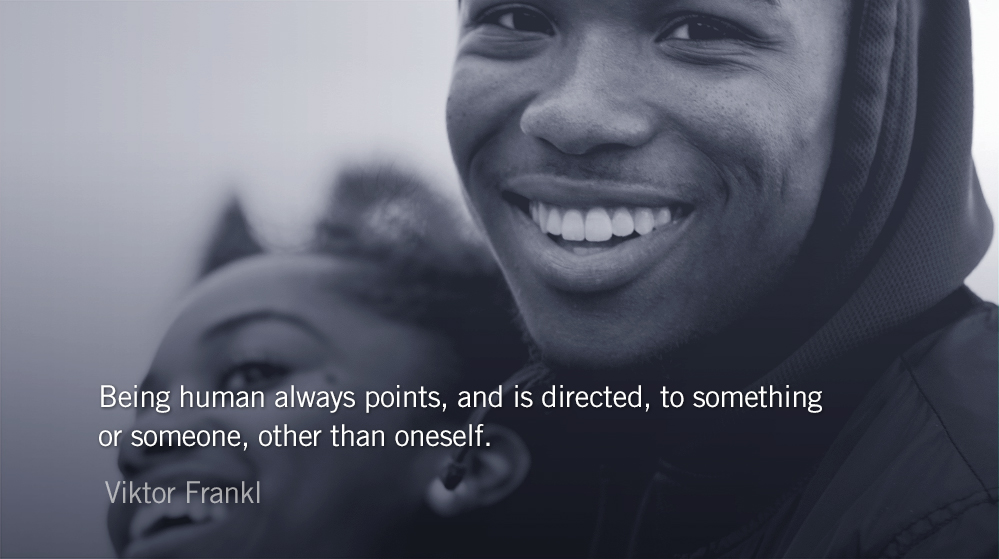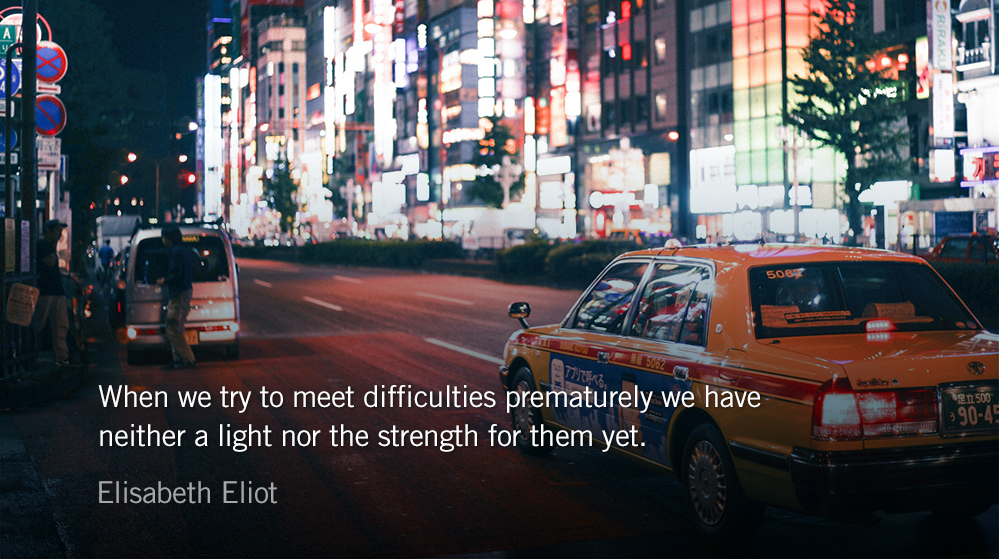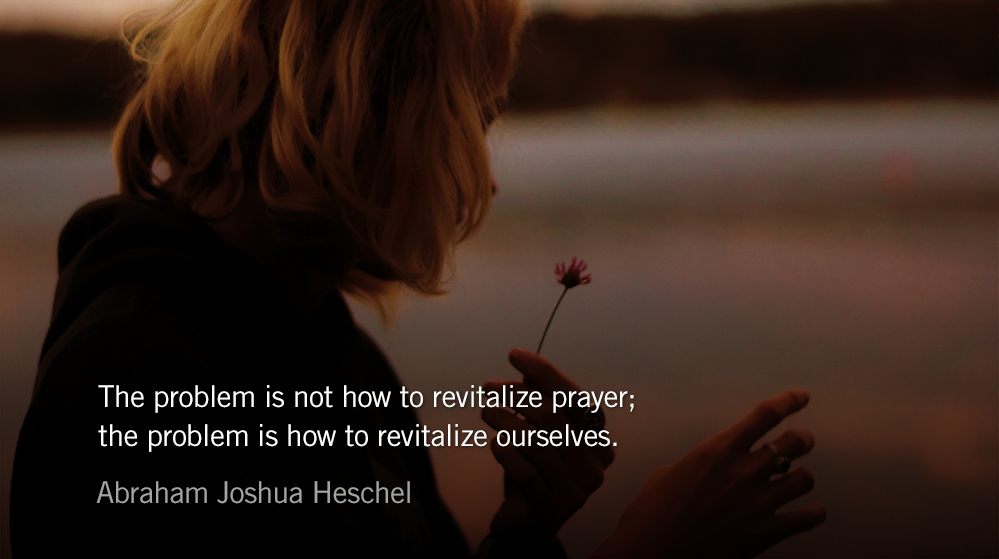“The grand premise of religion is that man is able to surpass himself; that man who is part of this world may enter into relationship with him who is greater than the world.”
― Abraham Joshua Heschel
Scripture: Genesis 2:15
The Lord God took the man and put him in the garden of Eden to work it and keep it.
Reflection: Laboring for Christ
By Augustine of Hippo (c. 420 C.E.)
We were made, it is true, by the hands of Truth, but because of sin we were cast forth upon days of vanity. “We were made after the image of God,” but we disfigured it by sinful transgression.
Man walks in the image of truth, and will be disquieted in the counsel of vanity. He is disquieted, he heaps up treasure, he thinks, and toils, and is kept awake by anxiety. All day long you are harassed by labor, all night agitated by fear.
That your coffer may be filled with money, you soul is in a fever of anxiety. Why are you preparing a strong defense for your riches? Hear the Power of God, nothing is more strong than he. Why are you preparing wise counsel to protect your riches? Hear the Wisdom of God, nothing is more wise than he.
“Lay not up for yourselves treasures on earth, where moth and rust doth destroy, and where thieves break through and steal: But lay up for yourselves treasures in heaven, where no thief approaches, nor moth corrupts: For where your treasure is, there will your heart be also.”
I am giving you counsel for keeping, not for losing. The enemy has broken up our house; but could he break heaven open? Though he is the Lord, and does not need our goods—yet that we might do something even for Him—he has granted to be hungry through his poor.
“I was hungry,” he says, “and you gave me food.” Lord, when saw we you hungry? “Forasmuch as you did it to one of the least of mine, you did it to me.” To be brief then, let men hear, and consider as they ought, how great a merit it is to have fed Christ when He hungers.
— Excerpted, and language updated, from Saint Augustin: Sermon on the Mount, Harmony of the Gospels, Homilies on the Gospels.
Prayer: The Refrain for the Morning Lessons
Our Help is in the Name of the Lord, the maker of heaven and earth. — Psalm 124.8
— From The Divine Hours: Prayers for Autumn and Wintertime by Phylis Tickle
Full prayer available online and in print.
Today’s Reading
Genesis 3 (Listen – 4:14)
Matthew 3 (Listen – 2:17)






